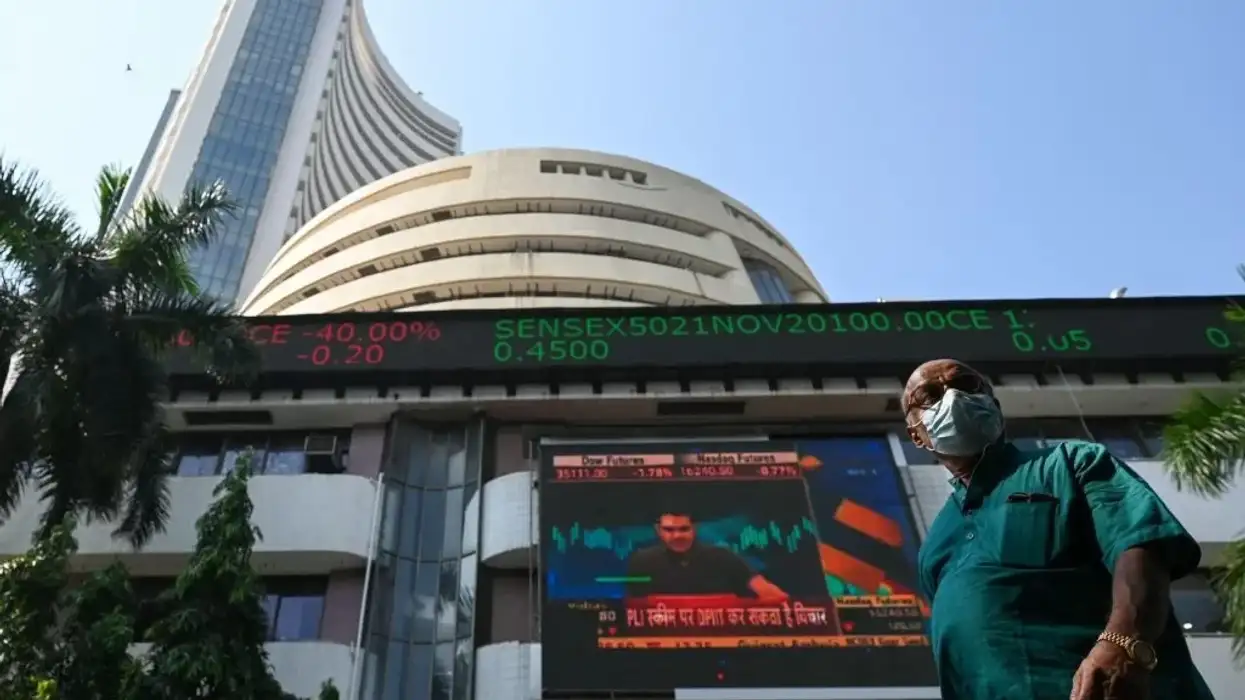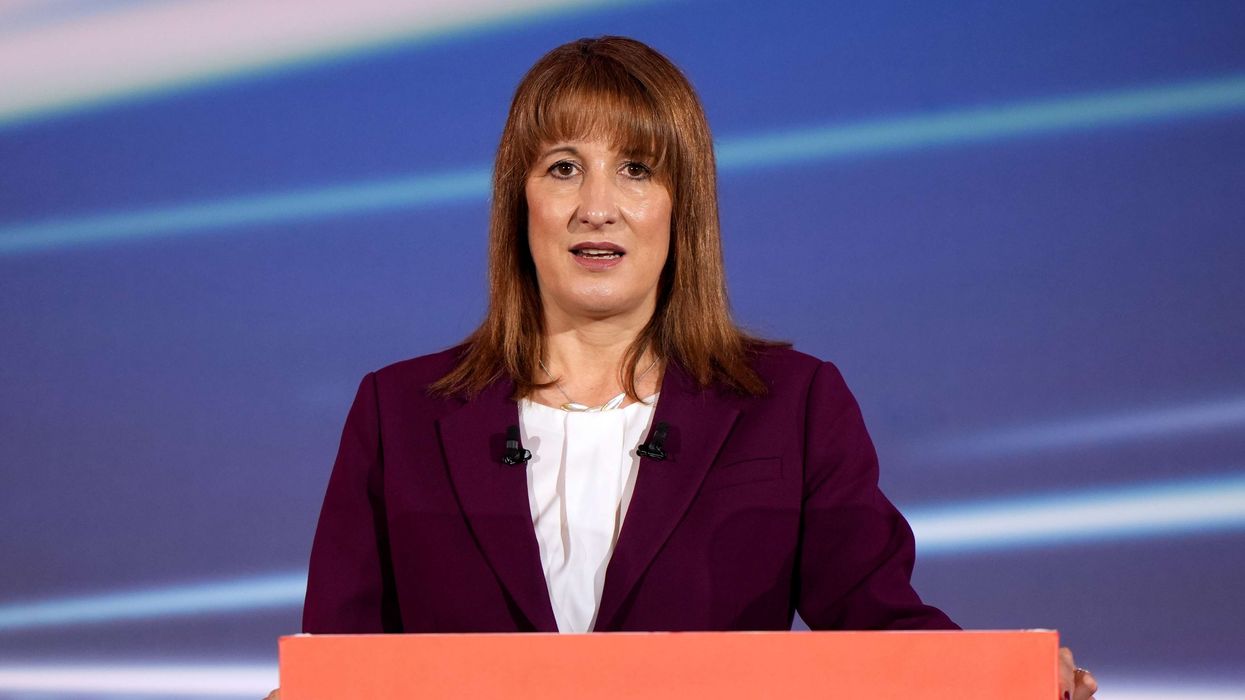INVESTORS have lost Rs 11.45 trillion (£114.34 billion) in two days as the Indian equity market continued to face severe drubbing amid a global selloff.
The BSE benchmark Sensex plunged 1,189.73 points or 2.09 per cent to close at 55,822.01 on Monday (20). During the day, the index tanked 1,879.06 points to 55,132.68.
It had tumbled 889.40 points or 1.54 per cent to close at 57,011.74 on Friday (17).
Investors' wealth had on Friday shrunk by more than Rs 4.65 trillion (£46 bn) as markets suffered a heavy selloff following weak global cues amid rising Omicron cases and continued selling by foreign institutional investors.
"India has been undergoing a phase of consolidation in the last two months. Currently, the sell-off is due to a rapid rise in FII selling, triggered by hawkish world central banks' policy, cautious view on Indian market due to high valuation compared to peers and drop in retail inflows," said Vinod Nair, head of research at Geojit Financial Services.
Tata Steel was the biggest laggard among the 30-frontline companies pack on Monday (20), tumbling more than five per cent, followed by IndusInd Bank, SBI, Bajaj Finance and HDFC Bank.
HUL and Dr Reddy's were the only gainers on the index.
In the broader market, the BSE midcap and smallcap indices declined up to 3.42 per cent.
"Major reasons for today's fall include aggressive FII selling, Omicron fear, and some year-end profit-booking in Indian indices," said Mohit Nigam of Hem Securities.
(PTI)













